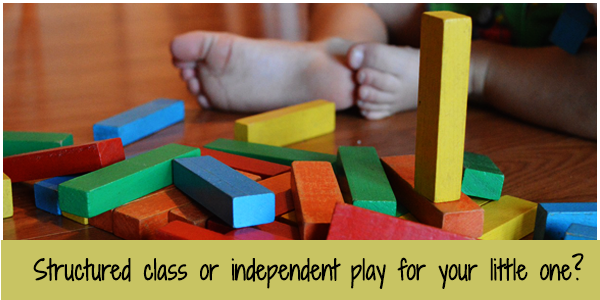3 to 7 year olds are at an important stage in life where they continue to learn a lot while they play. There also seems to be growing demand for structured classes that focus on one particular skill for your child to master.
Problem solving, skill building, negotiating, overcoming mental and physical barriers are all formed during these years. So should you be setting up structured classes for your children or should you be letting them play on their own?
Child Psychologist Judith Hudson says, “Both structured and free-form play contribute significantly — and in different ways”. Let us examine how you can have the best of both these worlds for your child.
Structured Classes
Children are creatures of routine. Even unknowingly, they like it and feel safe when they know what to expect. Having your child spend a dedicated amount of time regularly in structured classes will help him internalize the learning in that class because they feel safe and expect it.
Secondly, a structured class is a great way to show them how a sustained effort over time leads to a gradual increase in their skill level. This is great way of directing your child’s energy into something creative that interests him.
Self Directed Play
Children of this age often prefer to play with their friends rather than playing alone. They enjoy games that involve a lot of action and make believe. Imaginative play is still a great means of self expression and exploration. Since children play in a group, they learn important life skills like team work and leadership skills.
At Bril, we truly believe that there should be place for both in a child’s life. If you are lucky enough to identify your child’s latent talent, we suggest you lose no time in enrolling him/her to a structured class where he/she can get sufficient expert guidance.
But at the same time, allow him/her to exercise those skills at home, away from the structured class. This is when the latent talent will not become a chore for your child and he/she will continue to enjoy it for the rest of his/her life.
